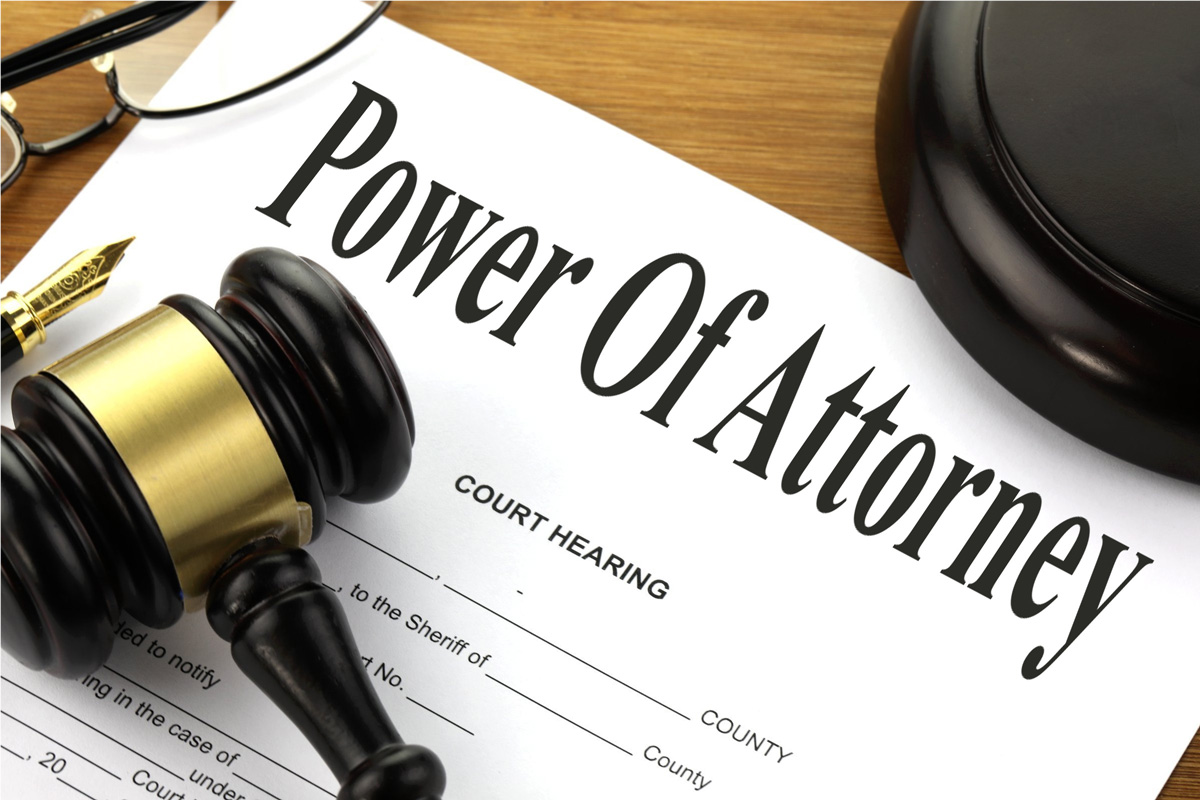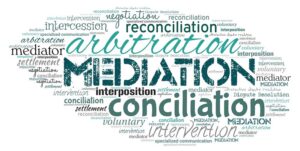A healthcare power of attorney allows you to name someone (your agent) to make medical treatment decisions if you become incapacitated. They may also be called healthcare proxies, representatives, patient advocates, or surrogate decision-makers.
The person you name as your health care agent should be someone you trust and feel confident they can represent your best interests. They should be given specific instructions about their wishes if you cannot communicate with them.
What Is a Power of Attorney?
A health care power of attorney Marion, NC (HCPA) allows someone to make healthcare decisions if they become mentally or physically incapacitated and cannot speak for themselves. Often, people will choose a close family member to be their HCPA because they want to be sure that someone they love and trust is making their healthcare decisions if needed.
An HCPA can be made with a living will, which states your desires for life-sustaining treatment, artificial nutrition, hydration, organ donation, do not resuscitate (DNR), and other health care decisions. Combined, these documents can help guide your HCPA and doctors during a medical emergency so they know your wishes and can follow them.
A power of attorney is a legal instrument that permits one person (the “principal”) to appoint another person (the “agent”) to act on his or her behalf in financial, business, and other legal affairs. A power of attorney can confer broad or restricted powers. It may be long-lasting and will persist even if the primary becomes injured or incompetent.
How Does a Power of Attorney Work?
A Power of Attorney (POA) is a legal instrument that allows another person to act on your behalf. The person you appoint is known as your “agent.”
You must sign the document stating you’re mentally competent to make decisions. If you later become incapacitated, your agent assumes the authority you’ve given them in the POA and continues to act on your behalf until a court revokes their authority.
To legally bind a POA, you must sign and date it in the presence of two witnesses and be notarized. You must also provide a copy to your physician and designated healthcare agent and keep a copy on file for yourself.
A durable power of attorney for health care is designed to give your agent the authority to make medical decisions if you cannot do so yourself. On the other hand, a living will is generally used to tell your healthcare provider what kind of life-sustaining treatment you want or don’t want if you are terminally ill and cannot speak for yourself.
What Are the Benefits of a Power of Attorney?
A healthcare power of attorney can help your family avoid future disputes about the medical treatment you would want if you were incapacitated. It also allows you to appoint a person you trust as your representative, who can make medical decisions if you cannot do so yourself.
A healthcare power of attorney is similar to a living will but provides broader authority. It can appoint your agent to make all medical decisions, including life-sustaining treatments, artificial nutrition and hydration, organ donation, do-not-resuscitate (DNR) decisions, and more.
Many people choose to have a living will and a healthcare power of attorney in one document. These documents will help your representative make the best choices possible and fulfill your wishes.
How Do I Make a Power of Attorney?
Almost all states require that you have a document in place that names someone to make medical decisions on your behalf. This is called a healthcare power of attorney (POA).
The agent you name should be someone you trust, knows you well, and is emotionally capable of fulfilling your wishes. Regardless of who you choose, a healthcare power of attorney can help your family avoid stress and anxiety when you cannot speak for yourself in an emergency.
To make a health care power of attorney, you need to create a legal document in writing and notarize it. It should be stored in a safe but easily accessible place and given to your doctor, health care agent, and other loved ones.
Most estate planning attorneys will include a basic form for a health care power of attorney in their engagement package. However, creating a more comprehensive form tailored to your state may be worthwhile.





Be First to Comment